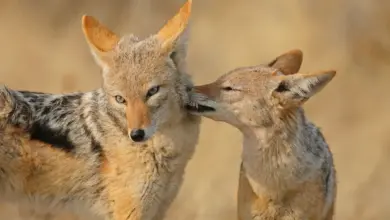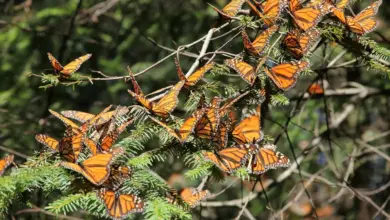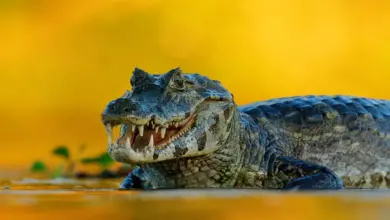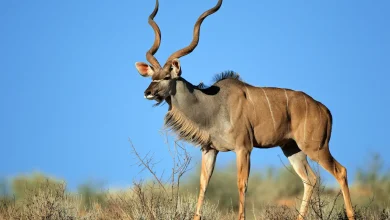What Eats Octopus?
What Eats Octopus? What Does An Octopus Eats?
Introduction
Numerous kinds of marine life may be found in the vast and enigmatic ocean, each tightly woven into a complex ecosystem. The octopus is one of these mysterious animals that stands out for its excellent flexibility and captivating intellect.
The octopus navigates the ocean’s depths as a master of disguise and a virtuoso problem-solver, overcoming several obstacles in its search for survival. However, because it must contend with various predators in its aquatic home, even the most elusive and cunning cephalopod is not immune to the unforgiving powers of nature.
With an emphasis on the predators hiding in the water’s shadows, we set out on a quest to explore the complexities of the octopus’s role in the marine food chain.
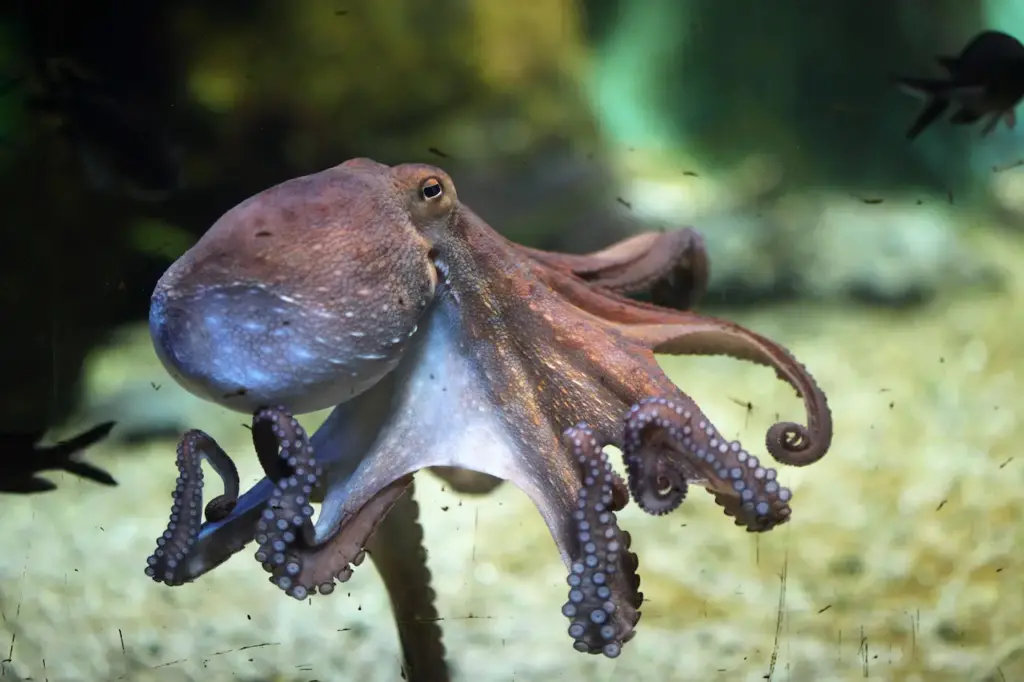
We explore the intricate interactions that govern the octopus’s existence, from the sly movements of sharks to the precise attacks of seagulls. This voyage aims to clarify the tough relationships between predators and prey, illuminating how interwoven life is below the ocean’s surface.
Predators Of Octopus
Sharks: Masters of the Deep Hunt
Sharks are essential to preserving the equilibrium of marine ecosystems as the top predators in the water. Several shark species find octopuses a delicious and nutrient-dense meal among their diverse diet. The predatory relationships between sharks and octopuses highlight the intricate nature of the ocean’s food chain.
The broadnose sevengill shark is a dangerous predator in shallow and deep seas. Its seven-gill openings distinguish it.
These coastal-dwelling sharks frequently come across octopuses in reef systems and rocky crevices. They are skilled at catching and devouring octopuses thanks to their strong jaws and sharp teeth, demonstrating their position as the rulers of the deep hunt.
One such type of shark that feeds on octopuses is the common thresher shark, distinguished by its large tail fin.
Thresher sharks, which can be found in temperate and tropical waters, are expert cephalopod hunters, and they use their long tails to herd and shock schools of fish. Because of their delicate bodies and weak defences, predatory sharks quickly attack octopuses that can strike with great accuracy.
Sharks detect and catch octopuses by using a combination of acute sensory awareness and fast speed. Thanks to their keen sense of smell, they can smell octopuses at a great distance.
Sharks attack octopuses frequently when they are least expecting it because they can outmaneuver them with their speed and agility once they get near. Their deep-sea search is guaranteed to be successful because of the element of surprise and the sharks’ formidable biting force.
The Agile Pursuers: Marine Mammals
Known for their intellect and flexibility, marine animals are skilled hunters in the complex predator-prey dance in the water. Among the prominent marine mammals that prey on octopuses are seals and sea lions, with sleek bodies and exceptional swimming skills.
Strategic hunters, seals, and sea lions inhabit coastal and deep-sea habitats. They are incredibly agile in the water because of their streamlined bodies and powerful limbs, which makes them dangerous foes for octopuses.
These marine animals can do incredible underwater gymnastics while pursuing prey, even outmaneuvering the most elusive cephalopods.
Dolphins are another group of marine animals that are well-known for their sophisticated social systems and sophisticated cognitive capacities. Their ability to think is an excellent advantage while chasing octopuses.
Dolphins use highly developed echolocation strategies, using sonar to pinpoint hidden octopuses with fantastic accuracy. When found, they use cunning maneuvers to force the octopus from its hiding place, demonstrating a hunting skill that emphasizes their position as swift hunters.
Octopuses and marine animals have complex and dynamic relationships. Marine mammals oppose the octopus’s concealment and escape strategies with speed, agility, and intellect.
This complex interaction between predator and prey demonstrates how flexible both sides can be as they constantly modify their strategies in the never-ending dance of survival under the waves.
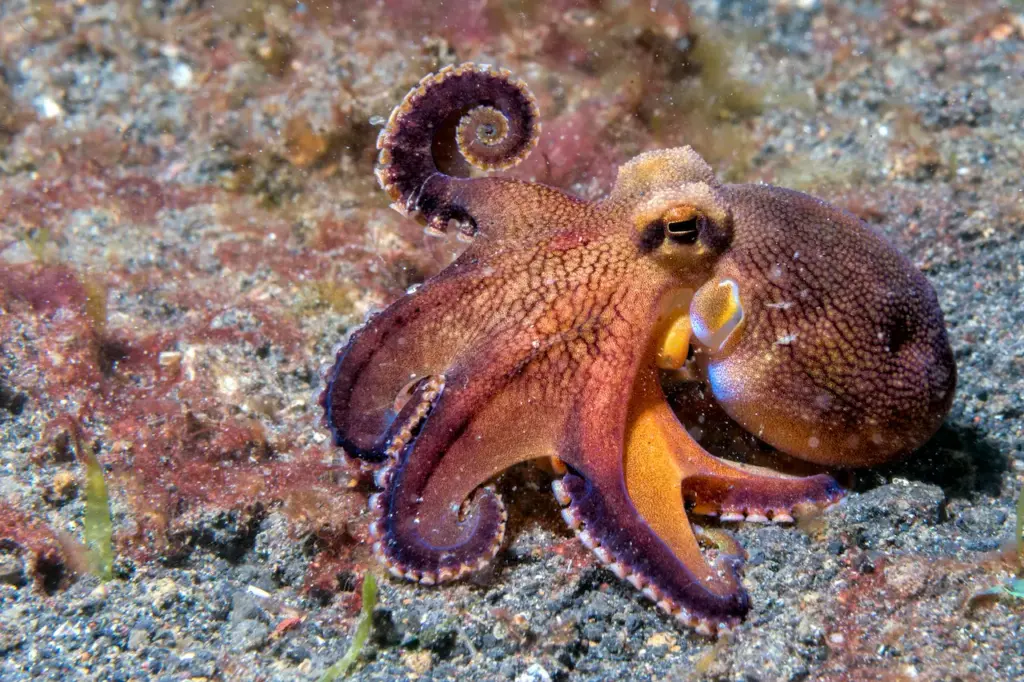
Aerial Precision Predators: Seabirds
Seabirds are essential in octopus natural predation because of their keen sense of predatory instinct and ability to fly accurately. These bird hunters are fierce predators of many marine creatures, including the elusive octopus, since they have adapted to an existence that combines airborne and maritime feeding.
Because of their extraordinary vision, seabirds can detect food at a considerable distance. Seeing fine details in images is essential for identifying octopuses’ delicate colours and motions against the ocean’s background.
Seabirds are incredibly skilled in the air, and many of them are also expert divers. They use their ability to dive to their advantage when hunting octopuses, making precise dives from the air to the water’s surface to capture their prey.
Certain seabird species, such as cormorants, have evolved characteristics that increase their effectiveness when feeding in the ocean. Among these modifications are specific beaks that catch and retain slick prey, such as octopuses, and provide a firm grip upon being captured.
Seabirds hunt octopuses using the traditional dive-and-grab method. They identify their target from the air, quickly dive into the water, and grab the octopus with their pointed beaks before it can defend itself.
Octopuses have various defence systems, including quick jet propulsion and ink ejection. Seabirds profoundly comprehend these methods and modify their hunting tactics appropriately, trying to capture octopuses before their defences are implemented.
Big Fish: Oceanic Realms’ Ambush Experts
Big fish, such as snapper and moray eels, are fierce ambush predators that lurk in complex underwater environments and methodically hunt octopuses.
Groupers are the main predators in coral reef environments, where octopuses frequently seek sanctuary due to their famed size, power, and predatory skill. With their solid teeth and robust bodies, these enormous fish may attack octopuses without warning.
Groupers ambush their victims as they maneuver through the complex fissures in the maze-like coral structures, taking advantage of the situation. Groupers can quickly capture octopuses before they can employ their excellent escape systems, demonstrating their skill at ambush, making them dangerous octopus predators.
Snappers are sly predators that monitor coastal areas that overlap with octopus habitats. They are distinguished by their keen teeth and streamlined bodies. Using accuracy and patience, these fish wait for the right opportunity to strike.
Because snappers can dart quickly toward their food, they take advantage of octopuses exploring the shallower waters close to the coast. Their interactions with octopuses demonstrate snappers’ capacity to adjust to complex coastal habitats.
With their lengthy bodies and strong teeth, moray eels are experts in underwater ambushes. Moray eels live on coral reefs and rocky crevices, waiting patiently for octopuses to pass by.
They can reach octopuses in hiding places that appear unreachable because of their ability to bend and navigate through tiny openings. The unexpected and abrupt strikes by moray eels underscore the difficulties octopuses encounter in avoiding these sly predators, highlighting moray eels’ flexibility and ambush skill.
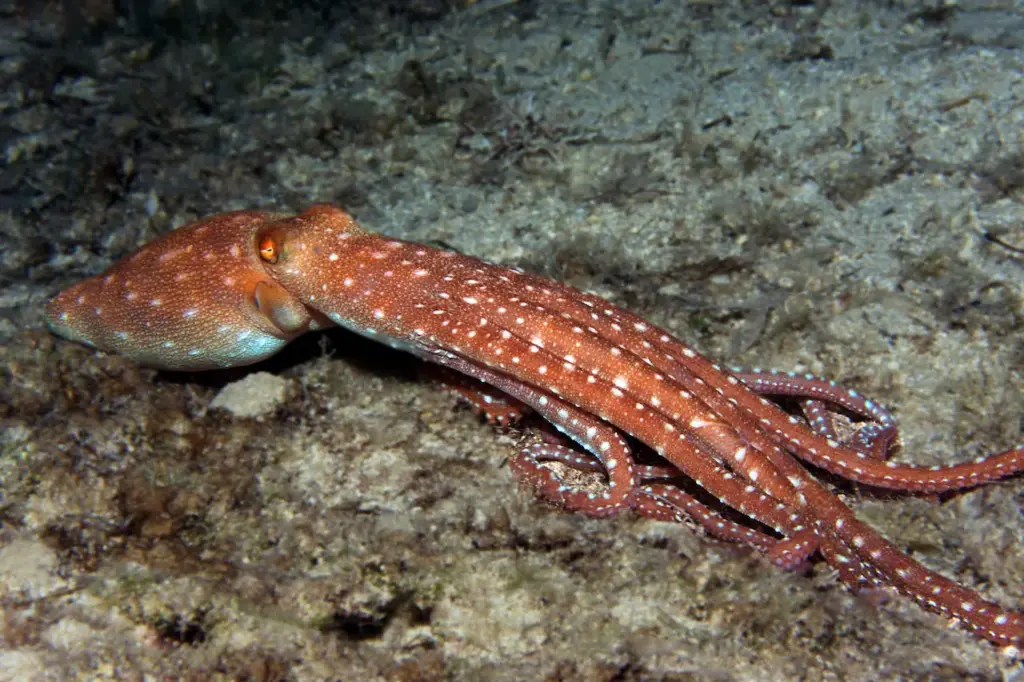
Conclusion
The octopus is a critical yet delicate part of the sea’s symphony. We have seen firsthand the complex dance of survival and predation at the ocean’s depths via our investigation of its predators.
Every predator adds to the delicate balance that controls the octopus’s life, from the swift movements of marine animals to the soaring grace of seabirds.
Upon the culmination of our journey through the universe of “What Eats Octopus,” it is apparent that the octopus is an essential component of marine ecology and a hardy survival.
It highlights the precariousness of existence beneath the seas by acknowledging the difficulties it experiences, which range from cannibalistic impulses within its species to the unrelenting pursuit of external predators.

